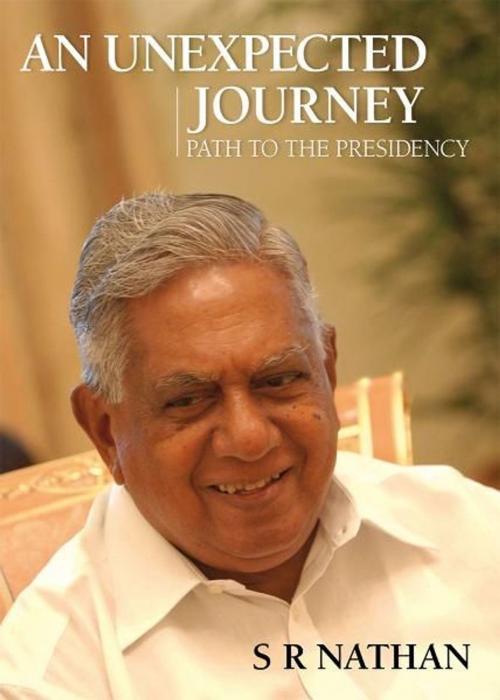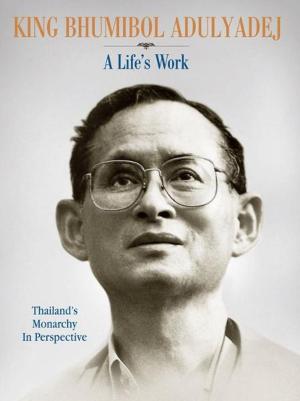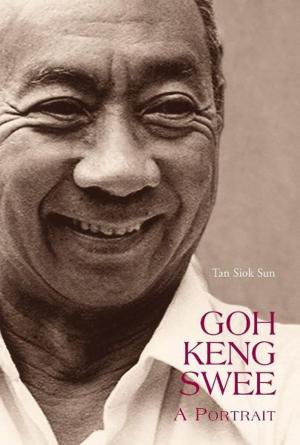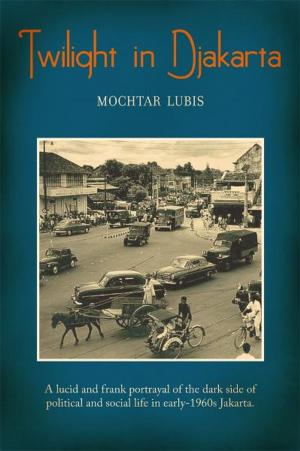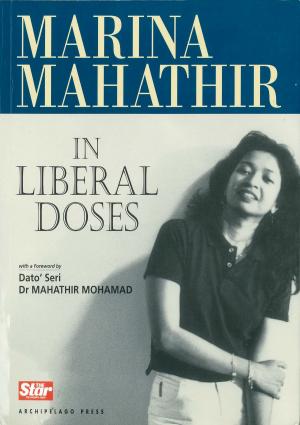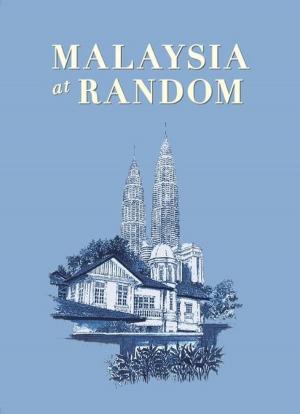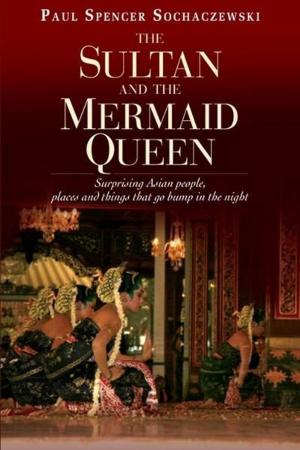An Unexpected Journey: Path to the Presidency
Nonfiction, History, Asian, Southeast Asia, Biography & Memoir, Political| Author: | S R Nathan | ISBN: | 9789814260817 |
| Publisher: | Editions Didier Millet | Publication: | September 19, 2011 |
| Imprint: | Language: | English |
| Author: | S R Nathan |
| ISBN: | 9789814260817 |
| Publisher: | Editions Didier Millet |
| Publication: | September 19, 2011 |
| Imprint: | |
| Language: | English |
Once a teenage runaway, living rough in a colonial port city, S R Nathan rose to become two-term president of prosperous, independent Singapore. In this exceptional book, he shares the story of his personal journey, set against the backdrop of modern Singapore history.
He tells his own story, simply and vividly. Accused of theft at the age of 16, he ran away from home. Living by his wits through war and occupation, he found new self-belief in unexpected sources, and experienced the political awakening that shaped so many of his generation. He describes vividly and frankly the momentous events he witnessed: ethnic violence during the war; of his working relationships with Lee Kuan Yew, Goh Keng Swee and S. Rajaratnam; negotiating with terrorists during the Laju hijacking; sensitivities with Malaysia; and the dilemmas facing the Singapore media.
In 1999, S R Nathan was elected president of Singapore. In the book's last chapter he takes the reader behind the scenes in the Istana, and describes his duties and responsibilities as elected president, and how he worked to develop the office and institution. S R Nathan's compelling story depicts more vividly than ever before the people and circumstances that have made Singapore what it is today.
Once a teenage runaway, living rough in a colonial port city, S R Nathan rose to become two-term president of prosperous, independent Singapore. In this exceptional book, he shares the story of his personal journey, set against the backdrop of modern Singapore history.
He tells his own story, simply and vividly. Accused of theft at the age of 16, he ran away from home. Living by his wits through war and occupation, he found new self-belief in unexpected sources, and experienced the political awakening that shaped so many of his generation. He describes vividly and frankly the momentous events he witnessed: ethnic violence during the war; of his working relationships with Lee Kuan Yew, Goh Keng Swee and S. Rajaratnam; negotiating with terrorists during the Laju hijacking; sensitivities with Malaysia; and the dilemmas facing the Singapore media.
In 1999, S R Nathan was elected president of Singapore. In the book's last chapter he takes the reader behind the scenes in the Istana, and describes his duties and responsibilities as elected president, and how he worked to develop the office and institution. S R Nathan's compelling story depicts more vividly than ever before the people and circumstances that have made Singapore what it is today.
